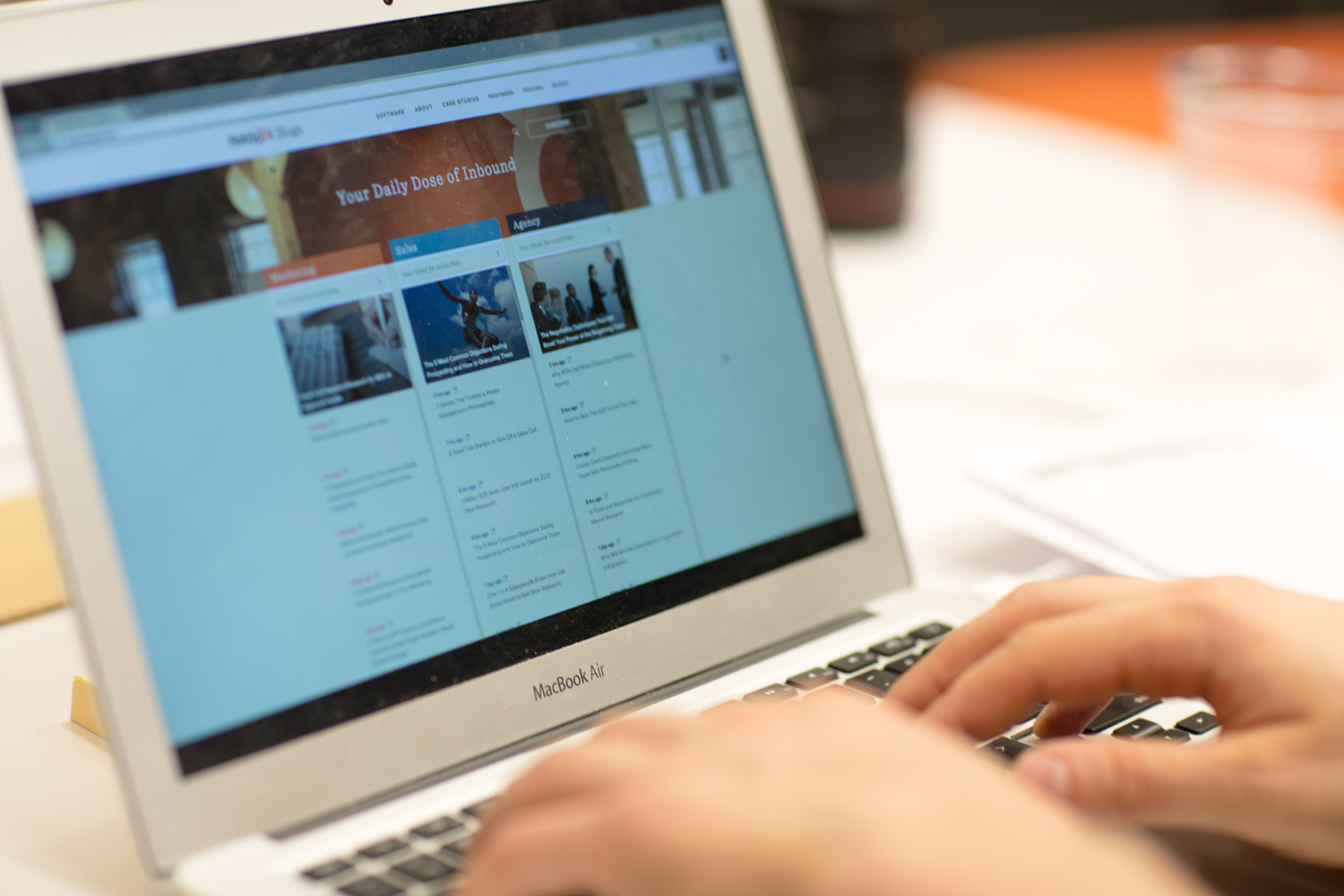Whether your summer begins May 7th , June 4th or June 25th, the landslide of summer workers/participants will hit in full force. You need to be prepared to submit applications and do interviews before everyone else. So work backwards. Identify your target date for starting work and work backward with your plan. You will need time for interviews, phone calls, application completion, Internet or local searches and networking. That means you start now mapping a summer plan.
There are some terrific web tools for identifying summer employers as well as tips for effective interviews. Here are just a few:
www.quintcareers.com Great for searching College Internship Opportunities
www.getthatgig.com Opportunities for students 16-21 years
www.teenjobsection.com Interactive map of opportunities across the country
www.snagajob.com Getting and making the most of your job
The important thing about starting now is you begin looking at the opportunities. And opportunities do not apply only to work. Opportunities may refer to athletic team participation, experiences or internships. What would you like to do? Are there jobs/opportunities you are particularly interested in doing and things you just would not consider? What transportation barriers exist or what options are available if a good opportunity presents itself? How many hours a day will you be available to work/play/volunteer? Is summer class part of the equation when figuring schedules for work? Different employers will embrace your availability as a summer worker and as a student working to get ahead. Others may find value in your performance and embrace the opportunity that you may be available for the next few seasons. The here and now impacts tomorrow!
By starting your search now, you have some time to explore options and activate a network. Just like business people network to expand and strengthen their own client base, students can network to find great summer opportunities through parents, relatives and family friends. Now is the time to get started!









